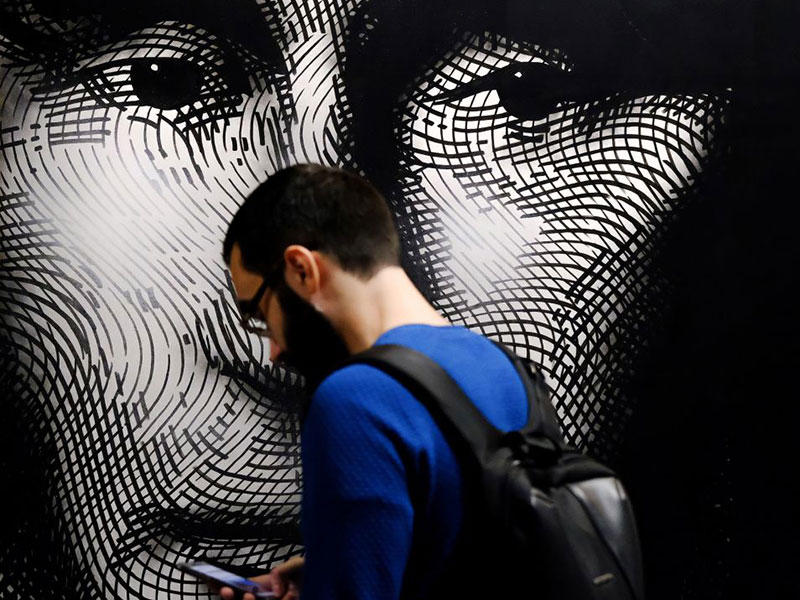Top 5 online services banned in Russia
Originally aimed at illegal content, Russian online censorship now appears to target anything that runs counter to Vladimir Putin’s authoritarian goals

Vladimir Putin’s Russia is getting steadily more restrictive, with its internet blacklist increasingly targeting websites that proliferate extremist content or contradict the established order
Online access in Vladimir Putin’s Russia is getting steadily more restrictive. In 2012, an internet blacklist was established to stop the proliferation of extremist content, as well as anything that incites hatred or violates the “established order”.
More recently, Russian officials began working with the individuals behind China’s so-called ‘Great Firewall’. This has resulted in an increasing number of online services being banned in the country. Here are five of the most prominent:
Telegram
The most recent digital service to fall foul of Russia’s media watchdog, known as Roskomnadzor, is Telegram. The mobile messaging app, which has more than 200 million users worldwide, has been blocked for failing to give the Russian Government access to its encrypted messages.
Many of Telegram’s disappointed users will likely switch to rival app ICQ, an instant messaging client connected to Putin loyalist Alisher Usmanov.
VPNs
Although virtual private networks (VPNs) are usually viewed as one of the most effective ways of circumventing internet censorship, the Russian Government has taken steps to close this particular loophole.
Telegram has been blocked for failing to give the Russian Government access to its encrypted messages
In November 2017, a law came into effect that prohibits services that allow users to access banned websites. Although the ruling doesn’t forbid the use of all VPNs, it represents the next step on Russia’s journey towards a more authoritarian online ecosystem.
LinkedIn
Three years ago, Vladimir Putin introduced legislation demanding that all organisations holding data on Russian citizens store it within domestic borders. The highest profile casualty of this ruling to date has been LinkedIn, which was blocked in 2016.
It remains to be seen whether LinkedIn will adapt in order to comply with Russia’s regulations, but the social network was certainly happy to do so to gain access to the Chinese market.
Open Russia
Given Russia’s slide towards autocracy, it should come as little surprise that Open Russia, a pro-democracy NGO, has made the country’s banned list.
Deemed an “undesirable organisation”, Open Russia has been accused of inciting protests and posing a threat to the country’s domestic political situation. To add fuel to such a claim, the website compels Russian citizens to avoid making the same mistakes when, not if, “everything collapses”.
National Endowment for Democracy
In 2015, the Washington-based National Endowment for Democracy became the first NGO to be banned in Russia. The group aims to strengthen democratic institutions around the world and receives most of its funding from the US Congress, which alone would probably have been enough to raise Putin’s suspicions. After all, the Russian President has previously described the internet as a “CIA project”.













